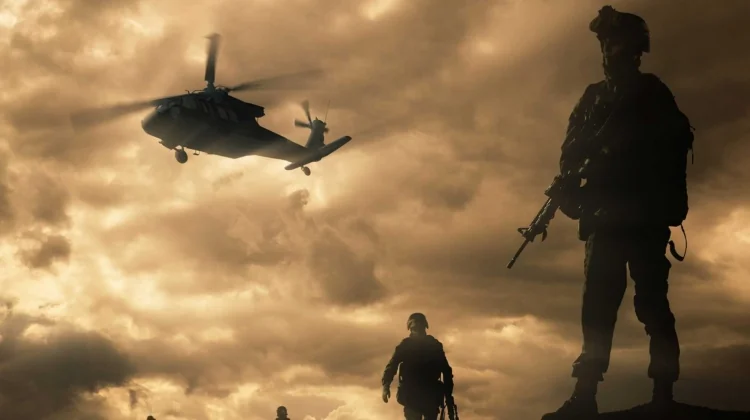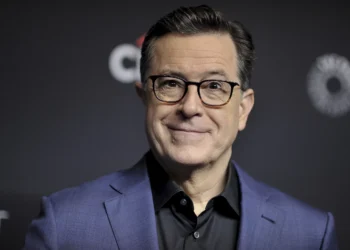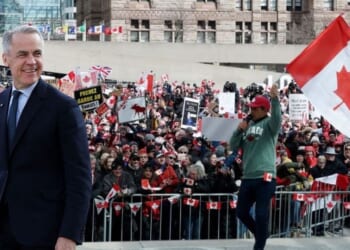
The Great War began in August 1914. It was a complicated affair of Europe’s web of alliances and the parity of the two sides resulting in a much wider and longer conflict than anyone initially expected, and President Woodrow Wilson kept us out of it at first. There was no reason to get in it. During the war, Germany and its allies never threatened the United States in any serious way, but Germany did sink passenger ships and merchant ships, hoping to cut off supplies from Britain and force it to surrender.
After it sank the British ship Lusitania and 128 Americans on board were killed on May 7, 1915, Secretary of State William Jennings Bryan urged the President not to enter the war. He pointed out that the British were blockading German ports, causing large-scale starvation in Germany, and argued that the blockade was as bad or worse than the German operations against passenger ships.
Wilson, however, sent a letter of protest to the German government, warning it to stop targeting such ships, and Bryan resigned. Tensions cooled when Germany stopped targeting non-military vessels, but in January 1917, Germany resumed its earlier practice. After the Germans sunk seven American merchant ships, Wilson declared war.
There were many other possible ways that the man who was reelected boasting that he kept us out of war could have approached the problem of the sinking of the ships, and since Germany posed no immediate or obvious threat to the United States, he had to sell the war to the American people. Speaking before a joint session of Congress on April 2, 1917, Wilson famously declared: “The world must be made safe for democracy. Its peace must be planted upon the tested foundations of political liberty. We have no selfish ends to serve. We desire no conquest, no dominion. We seek no indemnities for ourselves, no material compensation for the sacrifices we shall freely make. We are but one of the champions of the rights of mankind. We shall be satisfied when those rights have been made as secure as the faith and the freedom of nations can make them.”
Wilson also intervened militarily in Cuba, the Dominican Republic, Haiti, Honduras, Mexico, and Nicaragua, explaining: “We are friends of constitutional government in America; we are more than its friends, we are its champions. I am going to teach the South American republics to elect good men.”
Why he believed it America’s responsibility to teach the South American republics “to elect good men” by use of American military force he did not explain, and this paternalism has created resentments that have been detrimental to American interests. And World War I was the first war America would fight for principle alone, particularly in order to “make the world safe for democracy,” rather than for self-defense, territorial expansion, or for the benefit of any American interests. It was not fought for the good of America as such; it was instead the first great crusade to defend civilization.
It would not be the last. In recent years, this idea deformed the U.S. actions in Iraq and Afghanistan after the September 11, 2001 jihad terror attacks. American troops went to both countries not just to try to end the terror threat against the United States, but to establish both as stable, Western-style democracies that protected the rights of all citizens. The problem with this in both countries was that neither country had a democratic tradition, and neither one had any significant number of people who actually wanted such a government, rather than one governed by Islamic law, which denies basic rights to women, non-Muslims, and others. Democracy led to the installation of Sharia Constitutions and regimes that hated America, not to the creation of reliable American allies in the Islamic world.
Until Trump became president, it came to be taken for granted that America would intervene militarily not only to protect American interests, but also to pursue the most nebulous of goals, without a clear definition of what would constitute victory, or any idea of when the adventure would or should be ended. Woodrow Wilson began this by waging the first hot war in order to secure a goal that could not by its very nature be attained: at what point could Wilson, or anyone else, have said: “Now the world is safe for democracy,” and brought the troops home? Wilson provided a rationale for endless warfare, and it was used again and again. Trump is to be commended for trying to stop it.















